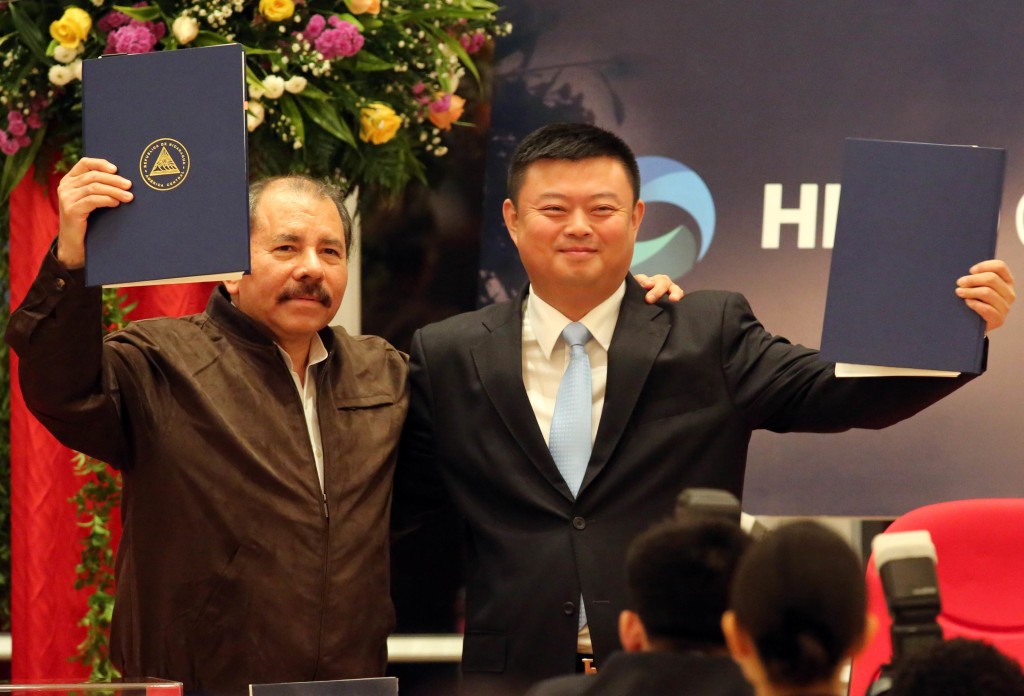The president of Nicaragua, Daniel Ortega, said that the canal that the HKND Chinese company intends to construct by 2020 won’t be a threat to Panama, but a complement to the demand of world maritime trade.
“We have told the president of Panama that Nicaragua’s channel does not threaten Panama, that they are complementary efforts, other routes that demanded by the development of world trade,” said Ortega after receiving the new ambassador of Panama, Eddy Rodriguez.
On December 22, the Chinese company HK Nicaragua Development Invesment (HKND) inaugurated the ancillary works for the construction of a 278 km long canal that will go through Lake Nicaragua, the largest source of fresh water in Central America.
The Nicaraguan project, valued at 50,000 million dollars, aims to capture 5% of world maritime trade (just like Panama) and become a major global logistics center.
Ortega said that Nicaragua will build its canal after several attempts made throughout its history and a century after Panama opened the first canal route in the region.
The administrator of the Panama Canal, Jorge Quijano, said last year to AFP that Central America wasn’t big enough for two canals.
HKND argues, however, that the growth in trade between Asia, the United States and Latin America and the trend towards building larger vessels justifies the existence of a second channel in the region.
Ortega admitted that the environmental and social impact of the Nicaraguan canal was fundamental, without elaborating or speaking about the criticisms made by environmental groups on the scope of works, or the protests performed by thousands of farmers threatened with expropriation.
Ortega only stated that the environmental impact report prepared by the British consultancy Environmental Resources Management (ERM) and that HKND had handed him on May 31, took into account the recommendations made by Ramsar, the United Nations agency that works in the conservation of wetlands.
Nicaragua granted the concession to HKND, based in Hong Kong in June 2013, for a period of 50 years renewable for a similar term.
Source: Panorama
